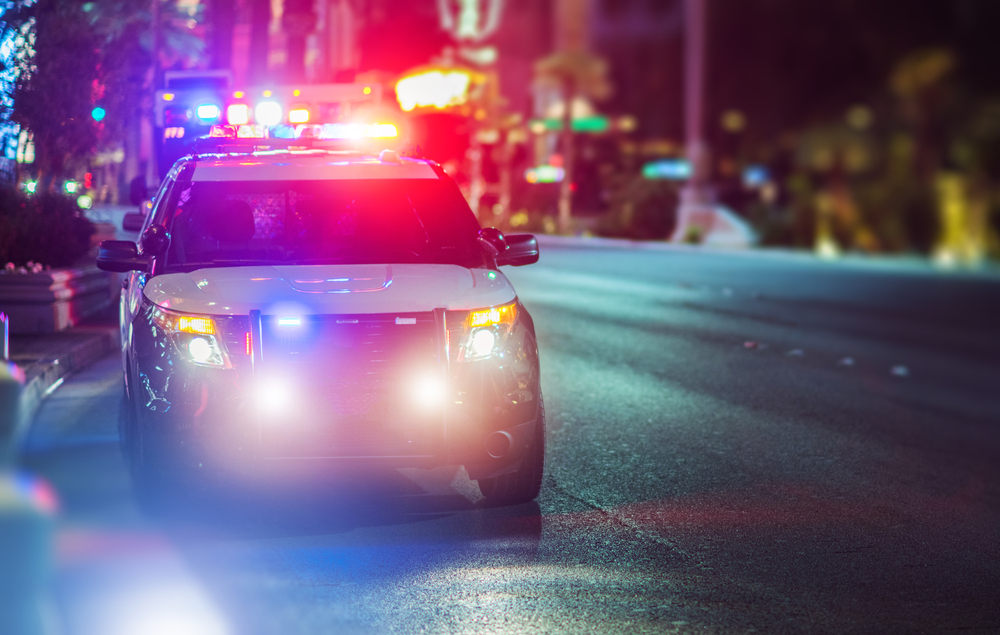In the bustling streets of California, where the sun-soaked highways beckon with the promise of adventure, the laws governing driving under the influence (DUI) are as complex as the state’s diverse landscape. A common question arises amid discussions of these laws: “Can you get a DUI as a passenger in California?” This inquiry might seem simplistic at first glance, yet it unveils a tapestry of legal nuances and societal attitudes towards responsibility and accountability on the road.
To understand the possibility of a DUI charge for passengers, it’s pivotal to first grasp what a DUI entails in California. Under California Vehicle Code Section 23152, it’s illegal for individuals to operate a vehicle under the influence of alcohol or drugs. The law predominantly targets drivers—those who are at the helm of a vehicle. However, what happens when you’re not driving? Is there any accountability or liability as a passenger?
In California, the law explicitly indicates that only the driver can be charged with a DUI. Passengers, by virtue of their non-driving status, are generally shielded from prosecution for DUI. This legal framework directs scrutiny toward the actions of the driver rather than the passengers. However, this does not mean that passengers are perpetually insulated from legal complications. The interplay of various factors can create scenarios where a passenger could find themselves in a quagmire.
Imagine this scenario: a driver is intoxicated, and as a passenger, you are aware of their impaired state. If you encourage the driver to continue driving, your actions could potentially lead to civil liability. While you may not be charged with a DUI, you could face consequences if an accident occurs as a result of your encouragement. This highlights the nuanced layers of responsibility that extend beyond the mere act of driving.
What about situations where passengers are involved in aiding and abetting? If a passenger is found to be assisting the driver in committing the DUI—say, by providing alcohol or another impairment substance—they could potentially face charges for contributing to the offense. Here, the law can hold passengers accountable to an extent, emphasizing the idea that collaboration in illegal acts carries weighty implications. Such scenarios often lead to complex legal entanglements, highlighting personal accountability in the realm of driving.
Furthermore, consider the broader implications of societal behavior surrounding DUIs. Passengers often engage in a moral and ethical dance when it comes to holding their friends accountable for safety. This dynamic raises an essential question: How do we, as a community, engage with the concept of responsibility when travel companions are involved? The casual attitude towards drinking and driving contributes to an ominous culture that often downplays the risks associated with impaired driving.
Intriguingly, the concept of being a “designated driver” emerges as a pivotal cultural response to the hazards of DUI. In many social circles, there is a tacit understanding that someone must remain sober to ensure the safety of all passengers. Yet, this agreement can unravel in the face of peer pressure, spotlighting the ongoing challenge of individual responsibility amidst group dynamics. Passengers must navigate their roles with a blend of assertiveness and social awareness to advocate for safety—an essential component of travel that often gets overshadowed by the excitement of a night out.
Of course, the legal dimensions of DUIs also extend to vehicles that are not traditional cars, such as bicycles or scooters, where the laws might differ. In these instances, passengers may encounter different statutes that could potentially incorporate their involvement in the incident. Exploring these variances can reveal an intricate web of laws designed to address public safety across various modes of transportation.
Finally, we cannot overlook the psychological aspects of being a passenger in a DUI situation. The emotional burden can be substantial. Passengers often grapple with feelings of powerlessness, particularly if they perceive their own actions as having contributed to a dangerous scenario. The aftermath of a DUI incident can be harrowing, not just for the driver, but for everyone in the vehicle. A passenger may experience survivor’s guilt, anxiety about the aftermath, and a heightened awareness of the fragility of life behind the wheel.
In conclusion, while it is generally true that passengers cannot be charged with a DUI in California, they are not entirely exempt from legal scrutiny or moral responsibility. The dynamics of passenger behavior and the implications of actions taken—or not taken—can ripple through the fabric of accountability in profound ways. The societal expectations placed on passengers illuminate the complexities of human behavior in high-stakes situations, inviting a deeper reflection on responsibility, safety, and the potential consequences of our actions. The conversation around DUIs transcends traditional legal definitions, digging into the very essence of community values and shared responsibility on the open road.
